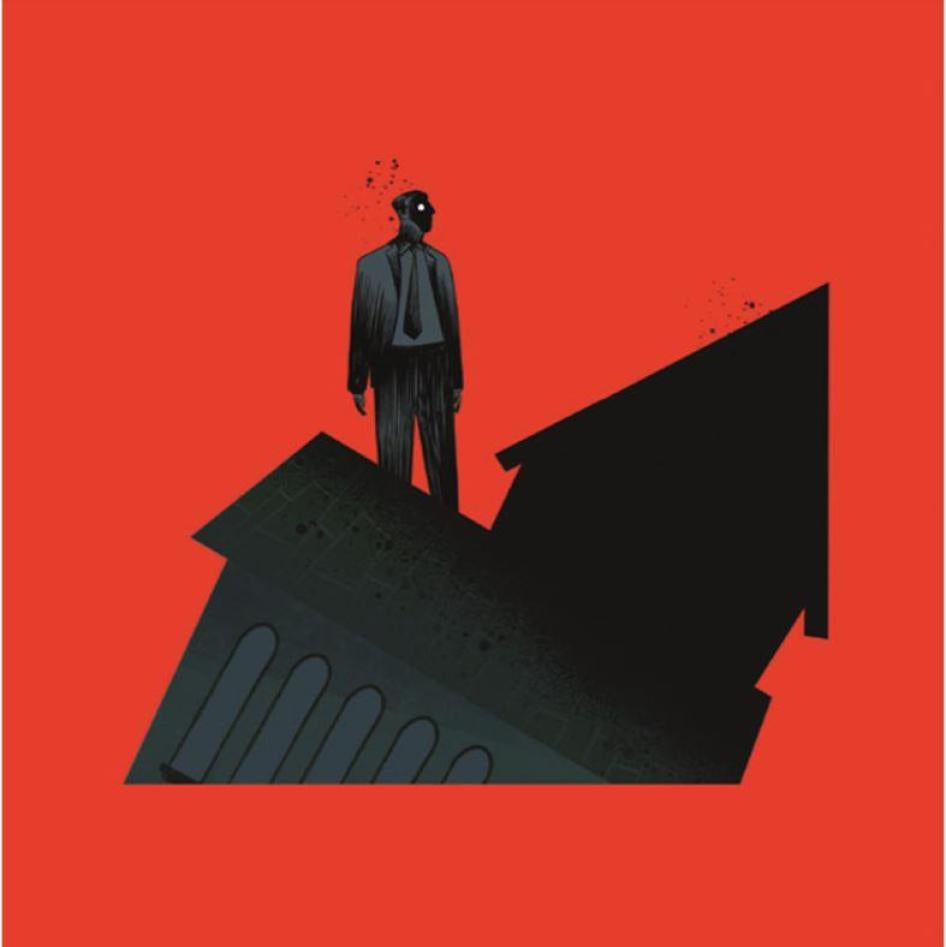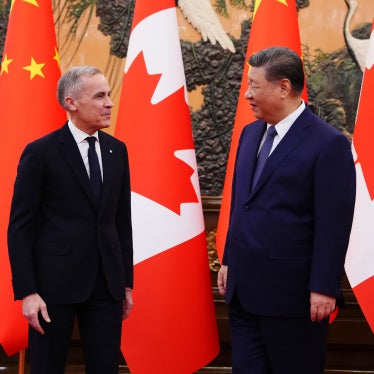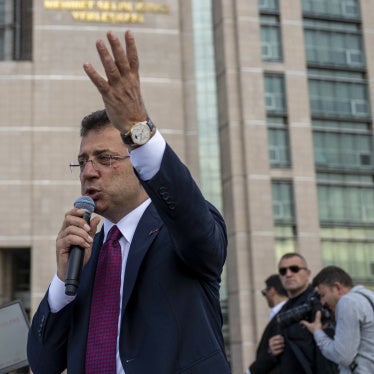When its three-year appointment expires this September, Brazil hopes to be elected to another term on the United Nations Human Rights Council (HRC). Damares Alves, the minister of women, family and human rights, opened the campaign last month, assuring the Council that Brazil’s new administration is fully committed to engaging with the global network of human rights agencies.
But it remains to be seen whether the new administration will engage constructively. Not all of the governments serving staggered terms on the 47-member council always do, and some are grave rights violators at home. Current members include the Philippines, where President Rodrigo Duterte’s “war on drugs” has led to the deaths of up to 27,000 people, and Bahrain, where the government routinely retaliates against people who raise concerns about government abuses. When it comes to addressing dire human rights situations, even such big, democratically elected governments as India and South Africa sometimes hide behind a rhetoric of non-intervention.
Yet the Council, established in 2006, has increasingly called out grave abuses, exposed violators, and demanded change. Its mandate includes passing country-specific resolutions to denounce gross rights violations. It deploys a growing number of experts to monitor and report on abuses. Through the universal periodic review process, it brings scrutiny to the human rights record of every country, on a regular four-year cycle. It has created commissions of inquiry and other mechanisms to address unfolding crises in countries like Burundi, South Sudan, Yemen and Myanmar.
To demonstrate a capacity to lead, Brazil needs to weigh in constructively on a number of Council issues. In the current session of the Council, Saudi Arabia’s infringements of women’s rights will be under the microscope. In Nicaragua, a report by the Council last year cited human rights violations in the repression of protests and suggested an international inquiry. Regarding China, which subjects the Uyghurs, a Turkic Muslim population of 13 million, to mass surveillance and collective punishment, Brazil has a chance to uphold its touted values of religious freedom. And in Palestine, the Council needs to keep up the pressure against the illegal Israeli occupation and settlements.
Distressingly, President Jair Bolsonaro has reformulated the Foreign Affairs Ministry’s Secretariats, submitting human rights issues to a new secretariat of “national sovereignty and citizenship”, which will be in charge of reviewing all resolutions to be voted at the Human Rights Council. How Brazil votes at the current Council session will reveal whether the universality of human rights remains central to its foreign policy.
At home, too, he has demonstrated a dangerous disregard for rights. In the two-plus months since his inauguration, he has already proposed an “anti-crime” bill that could spur unjustified killings by police, and attacked the independence of nongovernmental groups, announcing that he will “supervise” and “monitor” their activities. If President Bolsonaro wants Brazil to stay on the most important human rights body of the UN system, he also needs to accept the heightened scrutiny that the seat brings with it. At the council, his government will be expected to demonstrate respect for the values the body was created to uphold.










